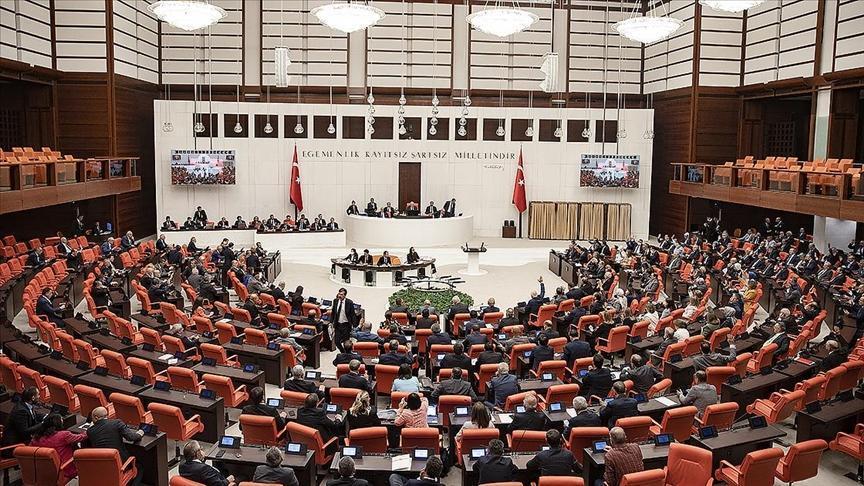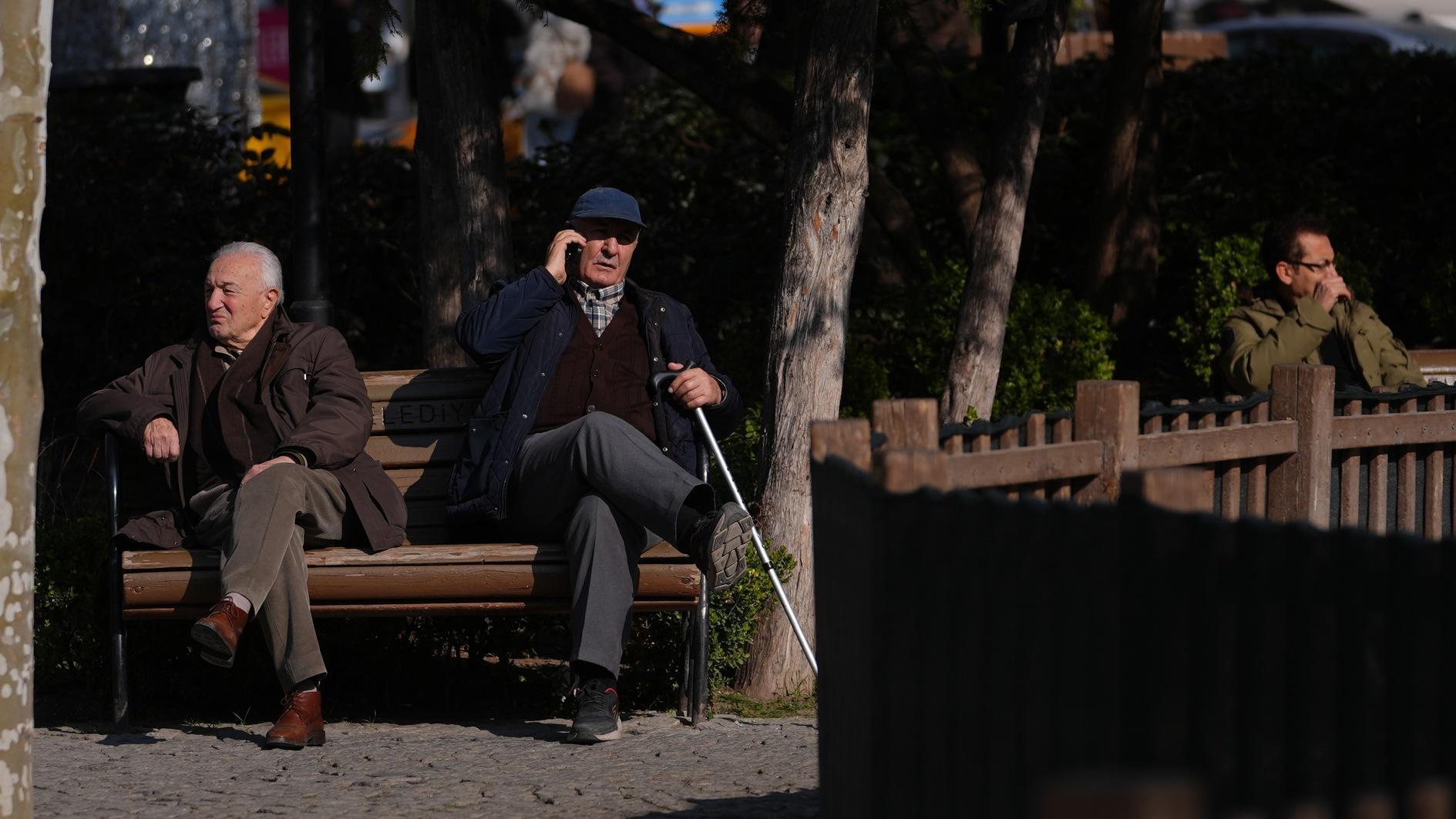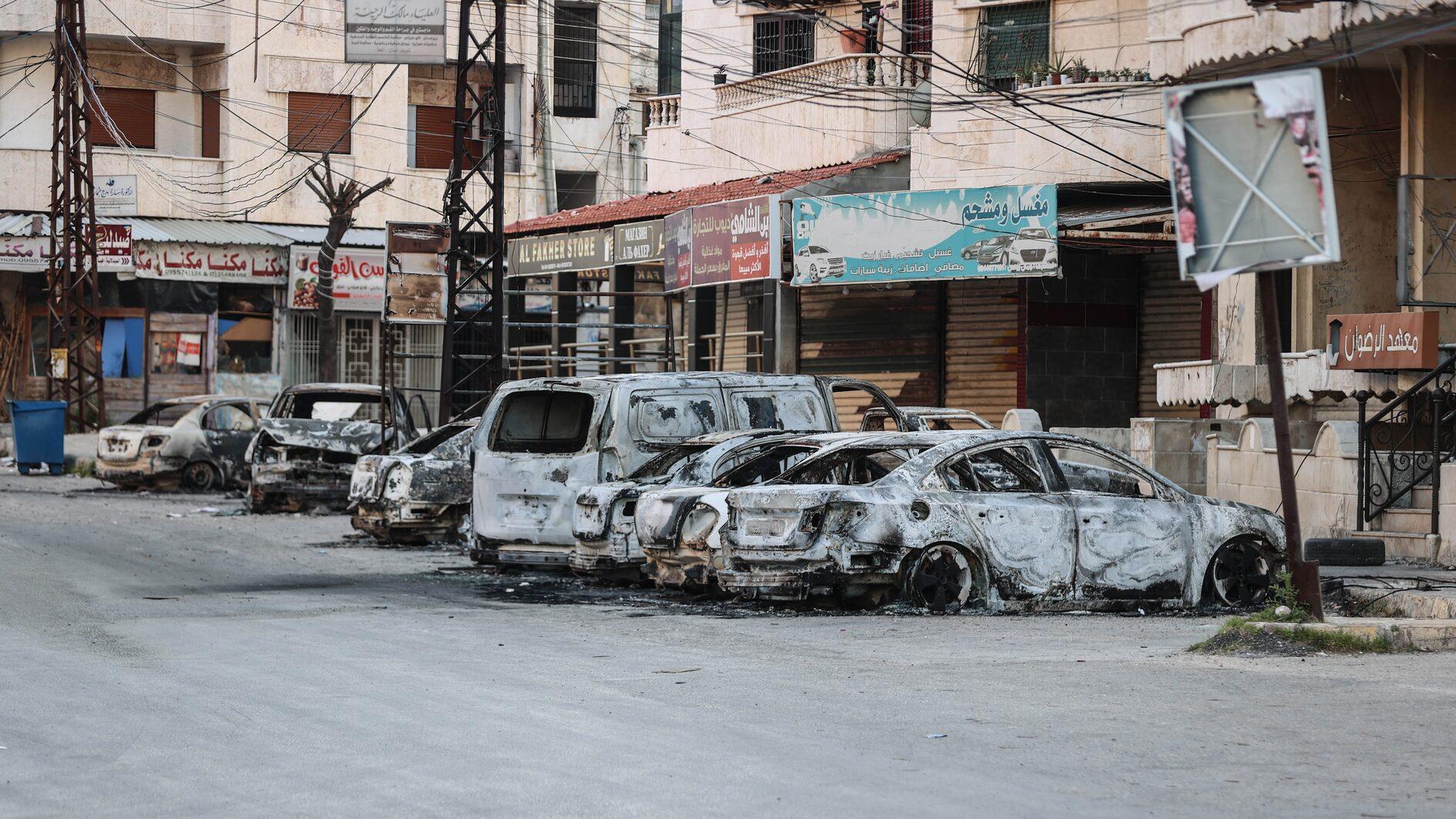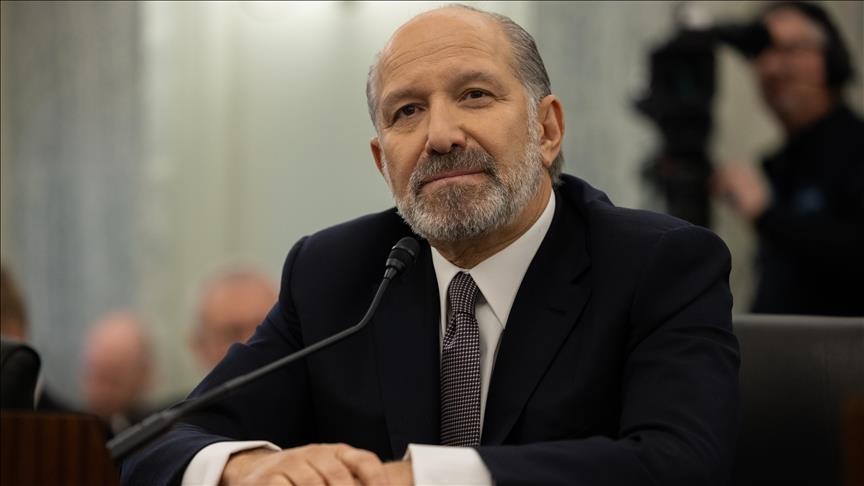Sources deny report claiming Uludere air strike caused by ‘erroneous’ intelligence
ISTANBUL
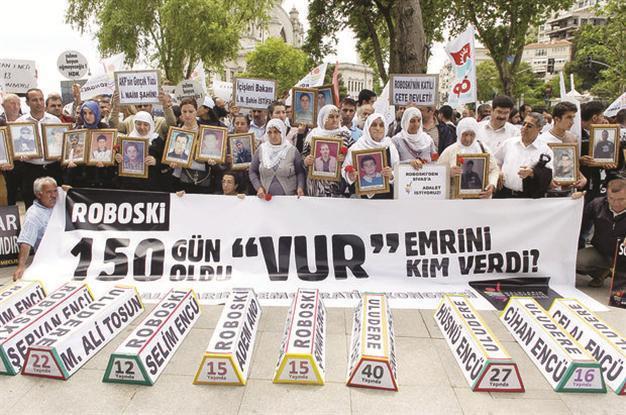
DHA photo
The Uludere air raid, which left 34 villagers dead, was caused by “erroneous” intelligence provided by Turkey’s National Intelligence Organization (MİT), daily Cumhuriyet has alleged, but official sources have denied the claim.Cumhuriyet has published what is claimed to be a correspondence between the MİT and the attorney general’s office of Diyarbakır, a southeastern province of Turkey, which is leading the investigation into the massacre at Uludere.
According to the report, the Diyarbakır office of the attorney general has sent the MİT an official document on Dec.28, 2011 – the day of the incident-- inquiring whether the organization had any intelligence on terrorist infiltration and, if yes, which institutions they had shared this information with.
The MİT sent a written response on Jan.10, 2012, denying the existence of any “notes, writings or information shared with any external offices.”
Nonetheless, research by the prosecutor’s office has revealed the MİT has in fact shared intelligence with the general staff on Nov.27, 2011 through the Operational Information Sharing System (OBIPAS).
The intelligence report in question stated an infiltration by militants of the outlawed Kurdistan Workers’ Party (PKK) was expected from the region adjacent with Iraq towards the Ortasu village of Şırnak’s Uludere district, the site of the air raid which killed 34 civilians.
In addition, the MİT allegedly sent a second report to the general staff on Dec.21, a week before the air raid, warning against an infiltration by senior PKK leader Fehman Hüseyin (code-named Bahoz Erdal) organizing a terrorist attack.
The report, categorized as “Most Probably Correct,” claimed the terrorist attack would be conducted against military base camps between Dec. 21 and 30, 2011.
Cumhuriyet alleged that withholding this information started a crisis between the MİT and the attorney general’s office in Diyarbakır.
In a harshly-worded letter to the MİT, the office of the attorney general asked for the identities of the MİT officials who ordered concealing the information on March 9, 2012.
In response, legal counsel Ümit Ulvi Canik sent a written response on behalf of Hakan Fidan, the head of the MİT, stating the intelligence was outdated at the time of the air raid and did not imply certainty since it was categorized as “probably true” and “possibly true.”
The MİT said the aforementioned intelligence reports were discussed in a press conference on Jan.5, 2012.
“It is clear that no one would hide any information from the office of the attorney general, when that information is readily available through open source intelligence,” the letter read.
Speaking to the Hürriyet Daily News, intelligence sources said the Cumhuriyet report was misleading, even though it cited authentic intelligence documents. According to the source, MİT did indeed notify authorities that senior PKK militant Hüseyin might attempt to cross the border at the time but stressed that the document did not specifically refer to the Uludere region.
During the press conference on Jan.5, the MİT claimed that none of the leaked documents, except for the one dated Dec.21, 2011, had any information on Uludere/Ortasu region.
Similarly, in a statement on Dec.30, 2011, the MİT denied responsibility in the massacre.
On Dec. 28, 2011, 34 civilians were allegedly mistaken for PKK militants while smuggling goods into Turkey.
The air strikes were carried out by F-16s and unmanned aerial vehicles near the village of Ortasu (“Roboski” in Kurdish) in Uludere, located in the southeastern province of Şırnak.


